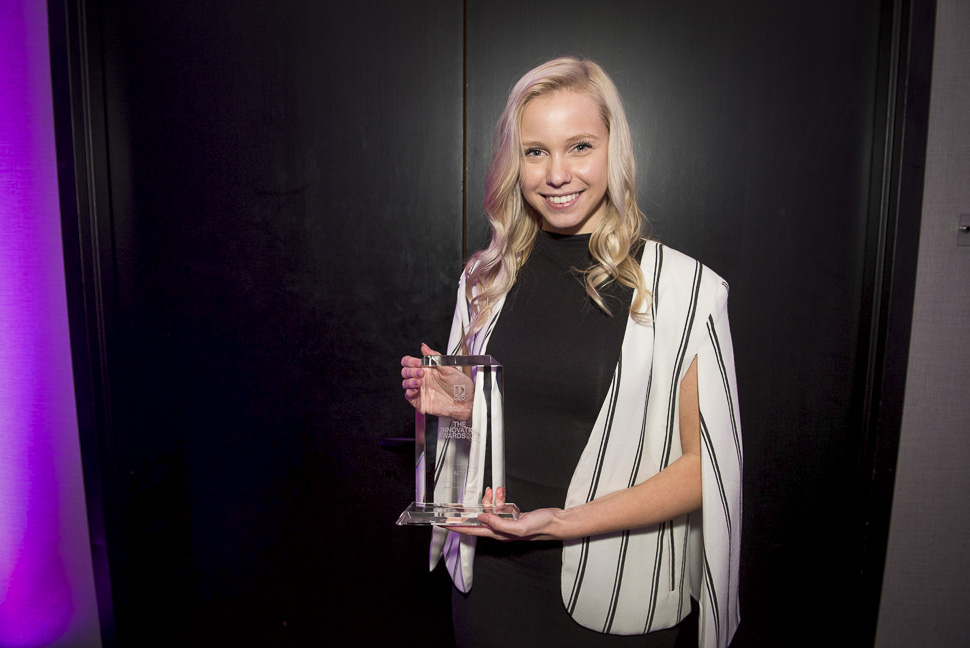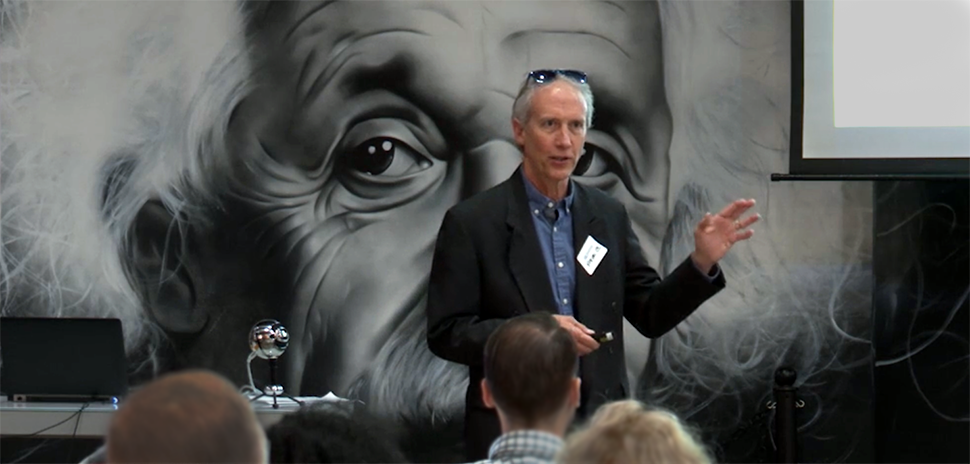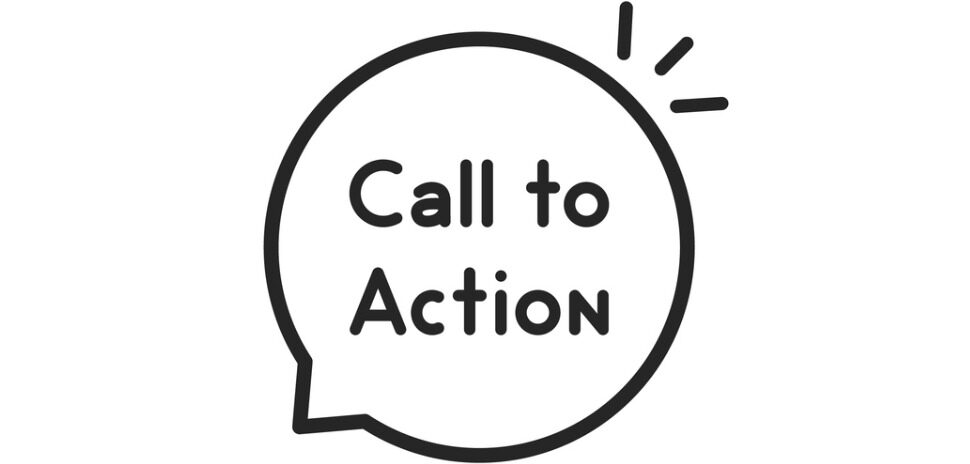Dallas Innovates and D CEO magazine teamed up to present The Innovation Awards 2020, a new program honoring companies and leaders—CEOs, CIOs, CTOs, entrepreneurs, and others—driving innovation in North Texas.
Here are the winners and finalists for Innovation in Transportation.
W I N N E R
Alto
A slight obsession with the then-nascent rideshare industry, Dallasite Will Coleman left a budding partnership with McKinsey & Co. to disrupt the landscape by creating the market’s first employee-based, owned-fleet ridesharing company. With $14.5 million in seed money, Coleman and longtime friend Alex Halbardier launched Alto in the spring of 2018 with 10 cars in select Dallas neighborhoods. Not quite a year into the business, Alto is positioning itself to be the industry’s first profitable ridesharing company. Today, it has more than 5,000 customers and has delivered more than 50,000 rides, at a time when concerns over rideshare passenger safety and employee welfare abound. “To me, innovation means surprising people,” Coleman says. “It’s doing something—even small—that makes your customer or audience stop and say ‘Wow, that’s different than what I’ve experienced.”—Bianca R. Montes
F I N A L I S T S
Texas Central
Texas Central’s high-speed train is expected to be the first true high-speed train in the U.S. once it opens to the public in 2026. In less than 90 minutes, the train will be able to take passengers from Dallas to Houston with one stop in Brazos Valley. Six million people are expected to use the train annually by 2029, with the ridership expected to more than double by 2050. The infrastructure project is being constructed with no public funding and will put an estimated $36 billion in economic benefits into the Texas economy over the next 25 years. Through the project, Texas Central plans to create an estimated 10,000 direct jobs a year during peak construction and more than 1,500 direct permanent jobs when the train is fully functional. The Texas Central High-Speed Train is expected to improve transportation safety by taking drivers off the road in both Dallas and Houston, which should help lessen traffic, wrecks, fatalities, and more. —Lauren Hawkins
The University of Texas at Dallas
UT Dallas’ Dr. Rym Zalila-Wenkstern and Ph.D. student Behnam Torabi created a smart, collaborative, traffic signal timing system for lessening traffic congestion as well as improving driver experiences in non-congested traffic called DALI (Distributed Agent-based traffic Lights). Instead of needing to overhaul entire traffic light systems, the existing lights can be turned into autonomous smart systems without expensive changes. By plugging the AI-based software into intersection controllers, traffic data can be analyzed and the devices can communicate with each other to develop a timing strategy to improve traffic flow in real-time. “DALI was validated by traffic engineers as well as through extensive simulation of the City of Richardson’s traffic network,” Zalila-Wenkstern previously told Dallas Innovates. “In addition, hybrid simulations (i.e., integration of controllers in the field with the simulator) were run to verify compliance with the strict traffic regulations.” A study found a 40 percent reduction in traffic flow delays on average and a 43 percent reduction during peak weekday hours thanks to DALI. The DALI tech can be rolled out in any city with programmable software, which can be connected to a server through the internet. —Lauren Hawkins
E X P L O R E M O R E
Click each link below to take a closer look at each finalist in all 13 categories.
Corporate Innovator of the Year
Innovation in Food and Beverage
Innovation in Manufacturing and Consumer Goods
![]()
Get on the list.
Dallas Innovates, every day.
Sign up to keep your eye on what’s new and next in Dallas-Fort Worth, every day.































